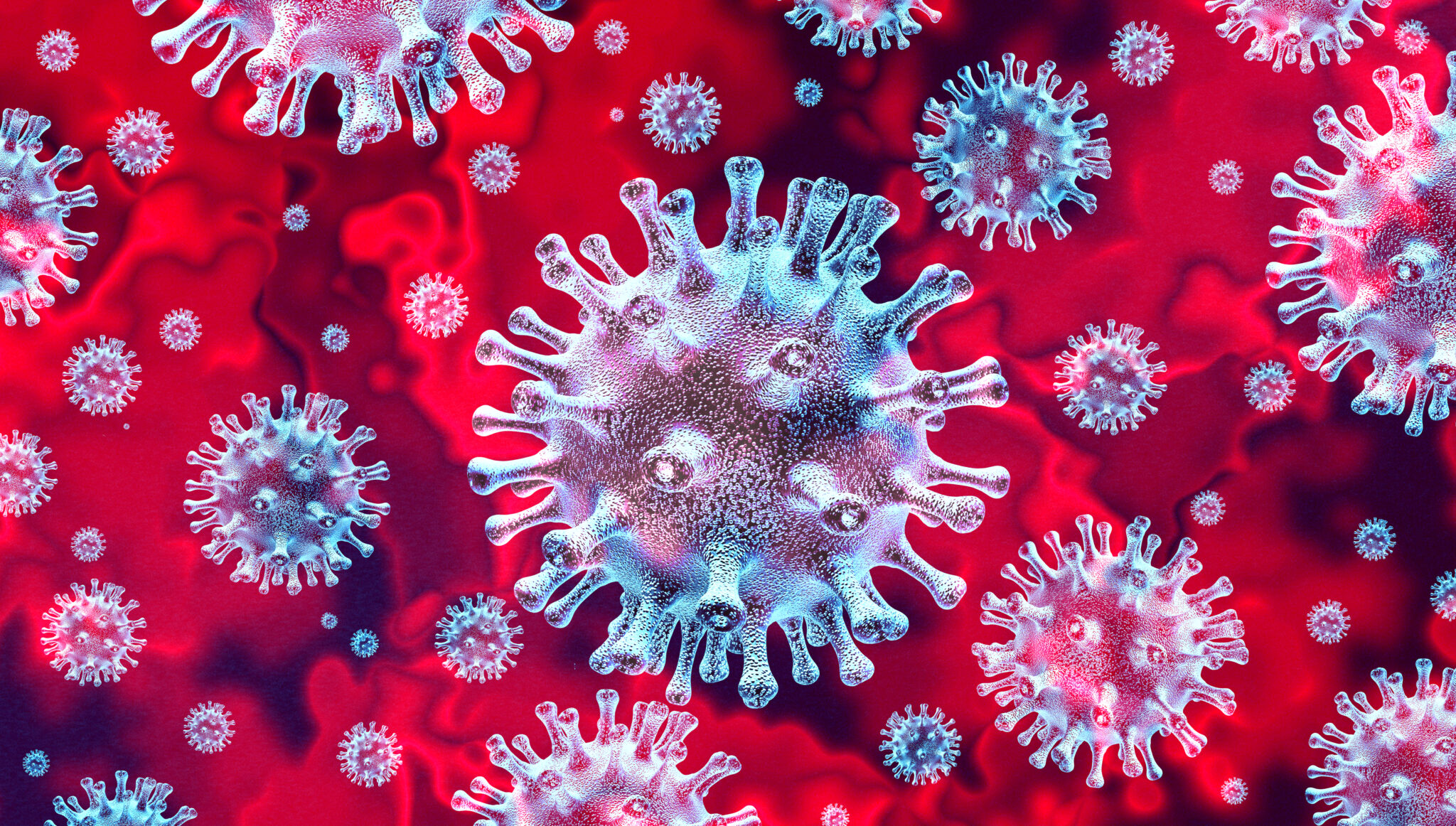The Gist: With the stroke of midnight, the federal declaration of COVID-19 as a public health emergency will expire. Thanks to wide distribution of effective vaccines, extensive testing infrastructure, and widespread immunity from vaccination or prior infection, COVID-19 will no longer hold the status of a public health emergency in Georgia.
What Unfolded?: Georgia has seen a dramatic decrease in the impact of COVID-19 since the peak of the Omicron surge in January 2022. Efforts within the state have resulted in a significant reduction in daily reported cases, COVID-19-related deaths, and new hospitalizations due to the virus.
By The Numbers:
- Over 98% decrease in daily reported COVID-19 cases
- 97% decrease in COVID-19 deaths
- 97% reduction in newly reported COVID-19 hospitalizations
Why It Matters: The end of the emergency declaration will bring about few changes in the daily lives of Georgians.
Vaccines, treatments, and testing will continue to be available, although the reporting of certain data sources will be adjusted.
COVID-19 vaccines and tests will still be provided for free at local health departments, but changes will be seen in the reporting of data, with some data that was previously required no longer needing to be reported.
What’s Next?: Even with the ending of the public health emergency declaration, COVID-19 is not over. Georgians should stay up-to-date with their vaccinations, seek testing if they have been exposed to the virus or are showing symptoms, and should stay at home if they are unwell.
The state health department will continue to provide updates through their Weekly COVID Status Report, which includes data on cases, deaths, and some hospital data.
The plan is to transition these updates to a monthly frequency. More information about the end of the public health emergency status can be found on the CDC’s website and ongoing updates will be provided by the state health department through their website and social media channels.

Thom Chandler
Thom Chandler is the editor of The Georgia Sun and has been writing, editing and managing websites and blogs since 1995. He is a lifelong Georgian and one of those increasingly rare Atlanta natives.


